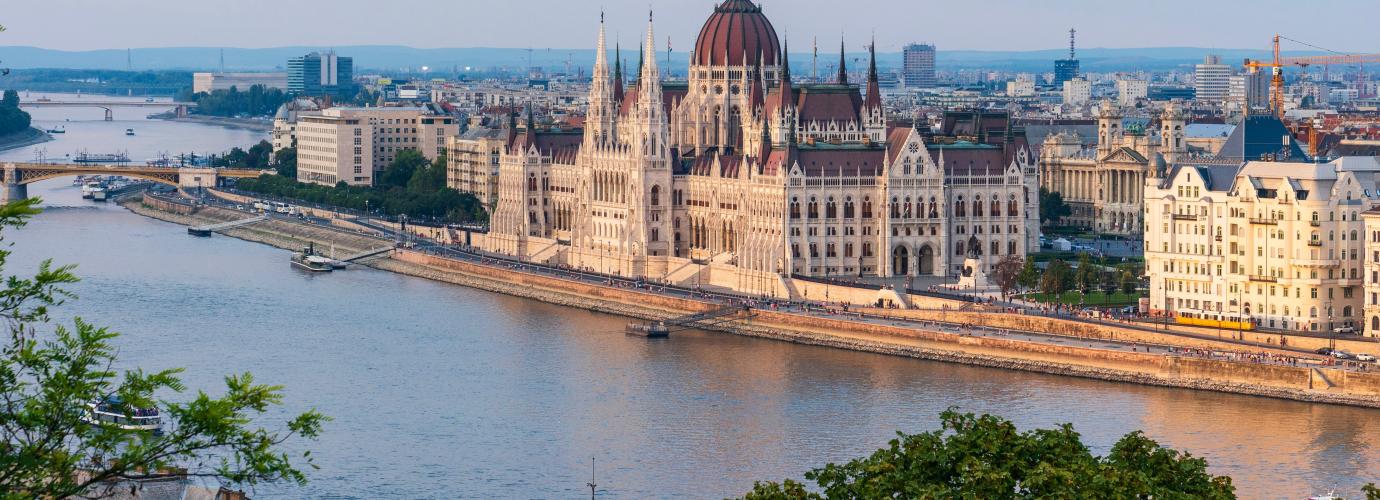Academic guidance
Higher education institutions provide the operation of an information and counselling system for their students to help their integration and progress during higher education studies, as well as career planning counselling during and after the completion of studies.
Each higher education institution provides information on its website related to the progression in studies.
Students’ Unions also help students receive the relevant information. Students’ Unions help students arrange their academic matters with various tools: they operate topic-specific websites, and conduct reconciliations between teachers and students if needed.
Higher education institutions also support their students’ successful studies by organising different skills development trainings:
- Stress management techniques
- Self-confidence strengthening workshop
- Learning technique workshop
- Debate culture and negotiation technique
- Building a personal brand
- Project approach
- etc.
Psychological counselling
Higher education institutions provide psychological support for their students within the frame of life coaching. Several higher education institutions also operate peer helping groups.
Psychological counselling can happen in an individual or group form, depending on what approach is needed for the concerned problem.
Psychological counselling in an individual form means working on personal problems in a one-to-one situation and in full secrecy. Sessions usually happen weekly, in 50 minutes per occasion.
Psychological counselling in a group form is usually organised around a certain topic, and members arrive with similar aims to these sessions (e.g. development of self-awareness or other social skills). It happens in the form of a small group, which means a headcount between 8 and 15 persons. Groups are usually led by two specialists who are familiar with the concerned topic.
Career guidance
Higher education institutions provide career guidance for their students by means of online service and operating career offices.
Within the frame of guidance, usually the following topics emerge:
- assessment and development of personality features, abilities, skills
- revealing further study opportunities (master degree programme, choosing a specialisation, etc.)
- identifying the ideal workplace and position, fitting it to the personality
- career planning
- job seeking techniques
Counselling is customized and happens within the frame of individual consultation.
Higher education institutions transfer job offers and professional practice, as well as they organise job fairs. The most prestigious universities organise their traditional job fairs between February and April, which allows thousands of employers and graduates to contact one another.

